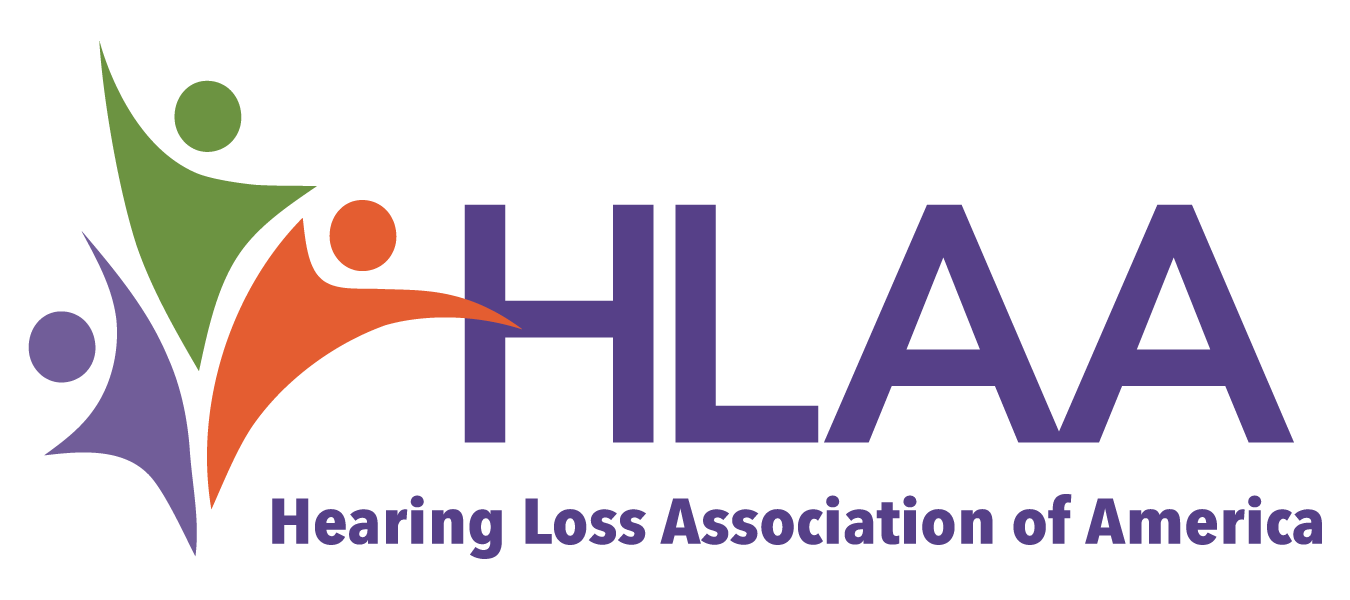
Hearing loss is an ever-present stress requiring continual adjustment for each person, place or situation experienced on any given day. Add to that, the stress of the holidays – including family dynamics, lofty expectations, and added social pressures – and you have a perfect storm for stress, anxiety, and avoidance.
More than just hearing
Why is this such a tough time? You, first, must understand that hearing loss affects more than just hearing. It’s a communication disability that can affect how you relate to others, and your overall well-being.
I’m a psychologist, with a profound hearing loss, and I see many clients with varying degrees of hearing loss all year-round. The holidays for any person with hearing loss, can be a major stress. Without a doubt, I can say that every client of mine who has hearing loss has added anxiety when the holiday season approaches. They fret about how to navigate social events with family and friends, with some opting out altogether.
The stress of dealing with the holidays can be so overwhelming, that many of us dread the times of having to smile and “pretend” our way through conversations and meals, and we look forward to January when the holidays are finished.
Silently struggling
Let’s talk about why this would be. Holidays mean more people, more noise and more talking, which all add up to more struggling to hear and communicate. For starters, think about the difference between someone who wears glasses, versus hearing aids or a cochlear implant. Glasses are visible, hearing aids or cochlear implants are sometimes not visible. And, when they are, people often assume that wearing them means we can hear very well. When we have a hearing loss, it’s easy to be as invisible as we want. And perhaps that is exactly the problem, especially around the holidays – we are “silently struggling.”
When we talk to someone who is wearing glasses, we don’t give much thought to what it is that they need to see. We can see the glasses – and often we know the degree of vision loss by looking at the thickness of the lenses. Whereas, hearing aids and cochlear implants are often out of sight, and most importantly, vision loss doesn’t affect one’s ability to communicate.
Take control of what you can
An essential part of dealing with hearing loss is recognizing that stress is inevitable, rather than trying to avoid it. The task is to learn more effective stress management and communication skills. One of the major factors in effective stress management is being able to recognize when we can be in charge and knowing what we can and cannot control.
Teachable moments
When I go into a social situation, I put on my educator’s hat and have two basic assumptions that underlie my philosophy for effective communication. First, I assume that most people know little, if anything, about hearing loss. Second, most of these people are embarrassed about asking me what I need to communicate. They often think that they should know what I need, but they really don’t, and that embarrasses them.
I truly believe that the more people know and understand about my hearing loss, the more effective communication will be for everyone involved. When I can provide information to them, I often spare them the embarrassment of having to ask me for what I need. When I do this, I not only lower their stress, but mine as well!
For many people with hearing loss, embarrassment and a sense of shame often prevents them from telling others about their hearing loss which often results in giving the wrong impression – being aloof, rude, or stupid. However, if one stops to really think about it, in not addressing your needs, you are really creating your worst fears. So, the question is, would you rather be seen as stupid/rude/aloof, or hard of hearing or deaf?
Making choices
So, what is one to do? The key to coping is recognizing where we have a sense of control in making choices. It helps to keep in mind what I call “the three A’s. In doing so, we can reduce our feelings of powerlessness, victimization, or self-pity.
The three A’s are avoid, alternative and/or accept.
For example, if I am invited to go to a noisy restaurant, I recognize that I may not be able to control the acoustics of a room because of the hardwood floors or the background music, but I can take charge of communicating my needs.
- I can choose to “beg off” and avoid going altogether.
- I could suggest an alternative, perhaps going to a quieter restaurant or switching to an earlier, less noisy time.
- I can just accept that I will be uncomfortable because it is important for me to be there for a friend or relative’s birthday, or other significant event.
Examples
If I am invited to go to a movie, I can avoid going altogether, suggest an alternative, like choosing a captioned movie, or just I can just accept that I will not understand everything.
A client was invited to a holiday fundraiser at a popular hotel where there would be loud music, dancing, and a speaker who she would struggle to understand. She decided to avoid going, but still made a donation to the cause, and alternately arranged to meet her colleagues and friends at a separate event.
Here are more hints to help you take control and navigate holiday events.
Hearing loss is a major stressor, and the best coping skills in dealing with stress are education and self-advocacy. I often choose to save my energy when it’s very important and have learned not to sweat the small stuff. I tell clients to mentally prepare themselves before events to educate others and be patient with yourself as you recuperate the next day. Ultimately, the more responsibility you take for your needs, the more you can enjoy the holidays!
For questions, contact HLAA at inquiries@hearingloss.org.
Enjoyed this post? Never miss out on future posts by following us.
Follow HLAA and “Like” us on Facebook today!

